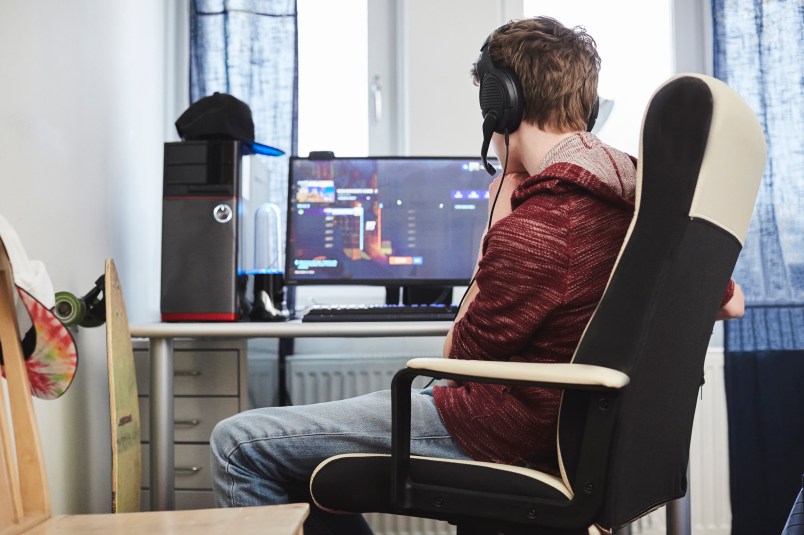The First Formal Internet Addiction Diagnosis to Be Given to 15-Year-Old

In a landmark diagnosis by the United Kingdom’s National Health Service, a 15-year-old boy is expected to be diagnosed with internet addiction. It came to light after his obsession with gaming caused him to lose the confidence to leave his house, resulting in him needing to take one year off of school. This case is the first of its kind, and it comes just months after the World Health Organization (WHO) classified internet gaming as an official mental health disorder.
It’s not just gaming. Ever since the internet began, there have been many different addictive elements: online shopping, social media, YouTube videos, etc. As with any tool that helps you escape the real world, the internet hosts various aspects that cater to different desires we can abuse. But when our professional and private lives are very much dependent on the internet, at least in the privileged parts of the world, what counts as internet addiction?
According to Christopher Gore, a British psychotherapist specializing in internet addiction, there are usually outside factors at play that make the internet the perfect place to escape reality. “The internet is an insatiable place; you can get anything you want at the touch of a button,” he told Grazia. “But I think about it as an addictive state of mind, so if you’ve got really difficult things going on in your life, you may find the escape — whether its pornography, gambling, or anything — where suddenly there’s a release and you have to repeat it, and in the end, it becomes addictive.”
While most of us that concerned about our internet use, including our own social media apps, it may not be as simple as limiting your screen time to a few hours a day. “That would give an idea that you are completely in charge and in control of what you’re doing,” Gore continued, “However, if you’re addicted, it’s just like drugs or alcohol. You can tell yourself ‘I’ll just have one drink a week,’ but you know in your addictive state of mind that if you have one, you’ll have another and another.”
Essentially, being addicted to the internet isn’t necessarily about quantifying the amount of time you spend on there, but rather why and how you’re using it to avoid other important things in your life. As with any hobby or habit, if it’s often disrupting your other commitments or stopping you from addressing deeper emotional issues, it isn’t likely to be a healthy habit.
“It becomes painful,” Gore said, “and you know somewhere, it’s at the expense of real relating. It impacts on your life and relationships; in reality, you become more isolated and you know that you need it.”
So how does Gore suggest we tackle internet addiction? As with most mental health disorders, it all starts with talking about it. Gore advises people to “seek help” in order to “come out of the shame” of addiction and address the feelings of low self-worth that often surround internet dependency.
If you’re worried you may be suffering from internet addiction, contact SAMHSA’s National Helpline at 1-800-662-HELP (4357) or use their Behavioral Health Treatment Services Locator: https://findtreatment.samhsa.gov/.
This article was written by Georgia Aspinall. For more, check out our sister site, Grazia.
More From FIRST
12 Summer Trips You Should Take With Your Mom
Under One Roof: How to Keep the Peace in a Multigenerational Household
Here’s How to Keep Kitchen Towels From Becoming E. Coli Breeding Grounds













